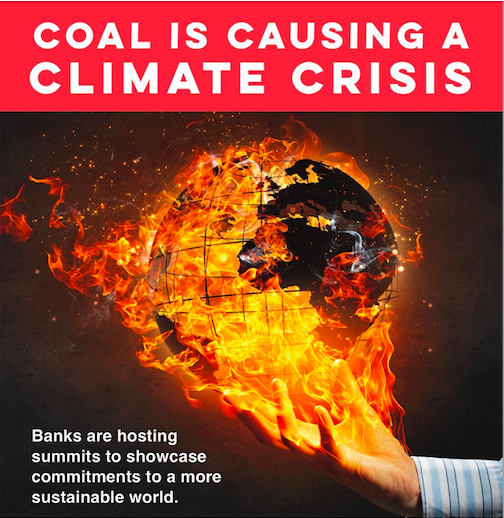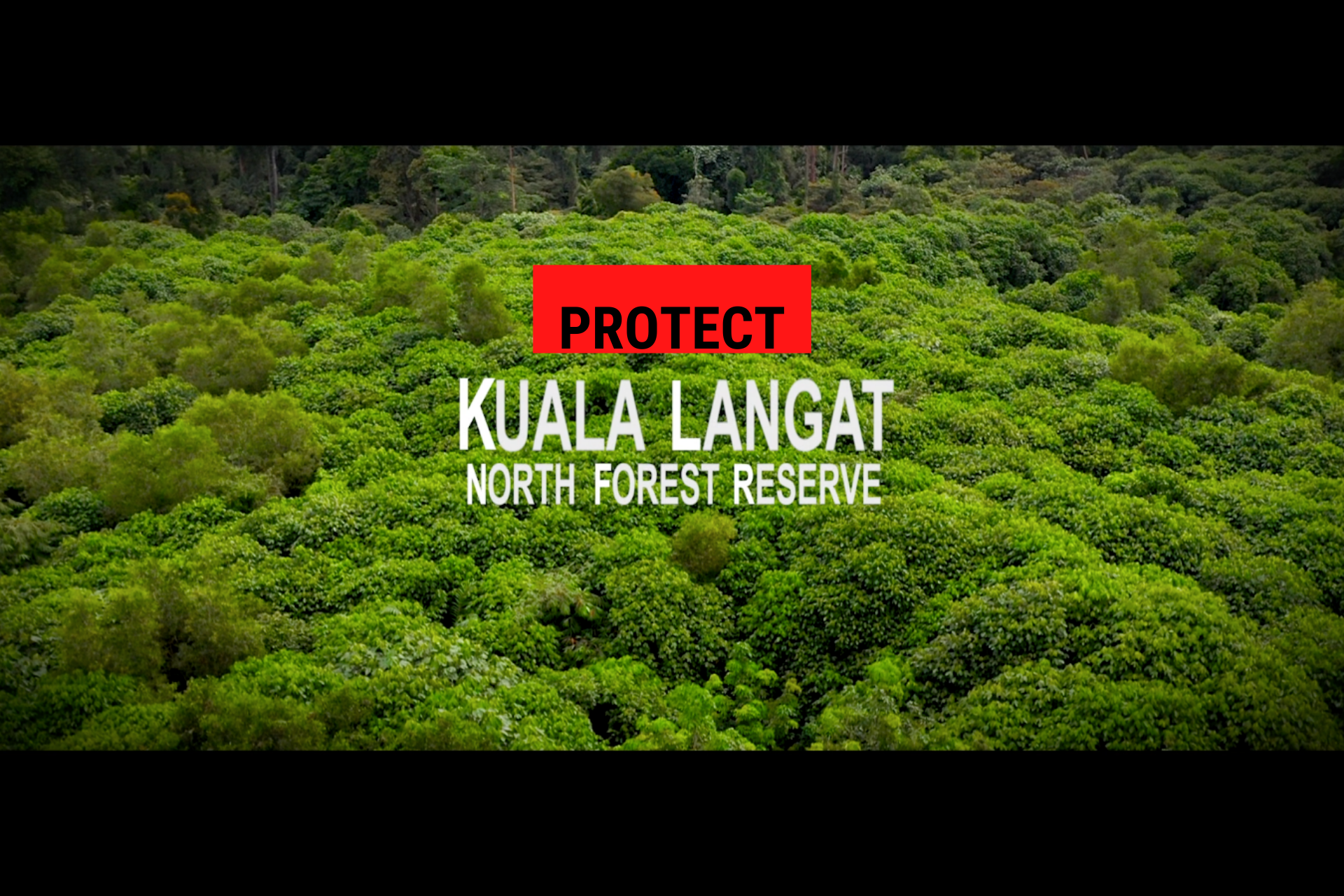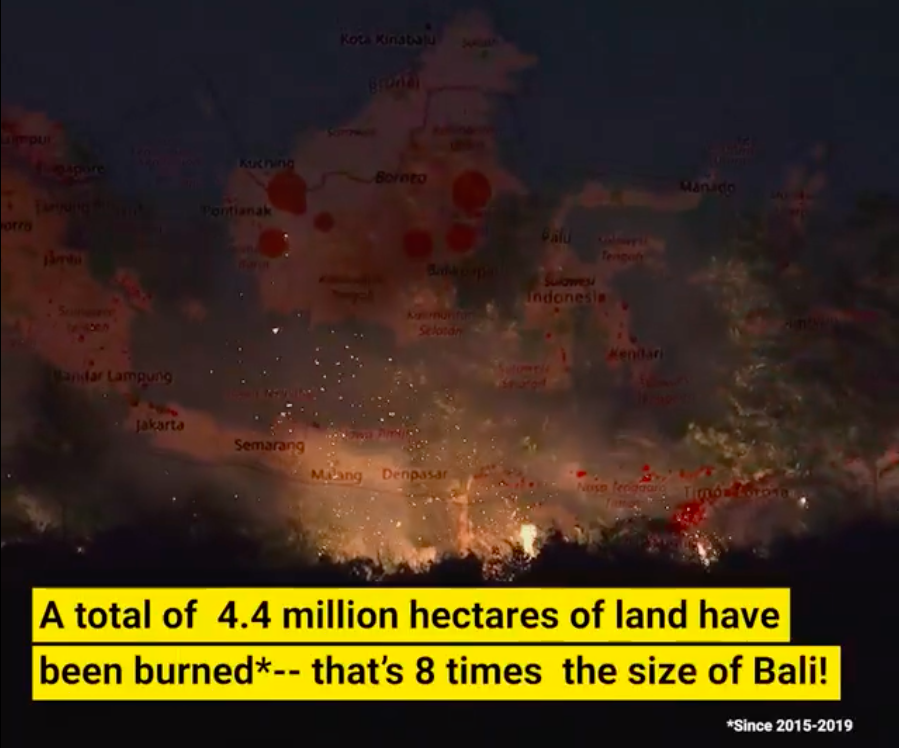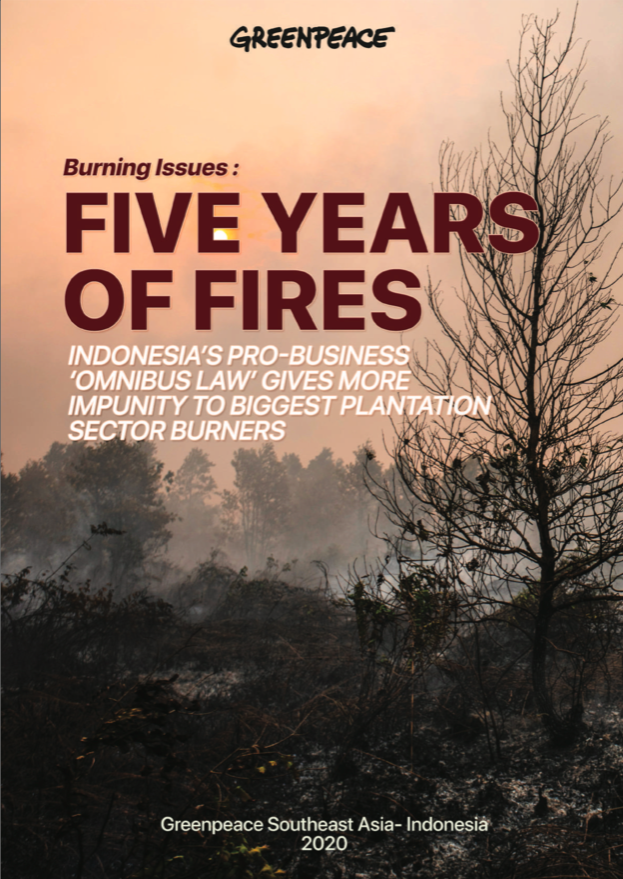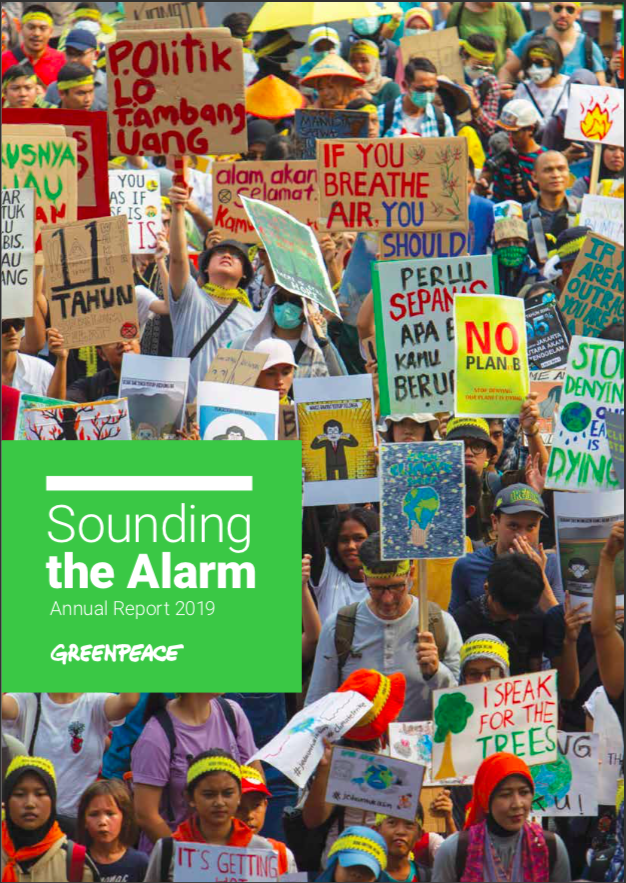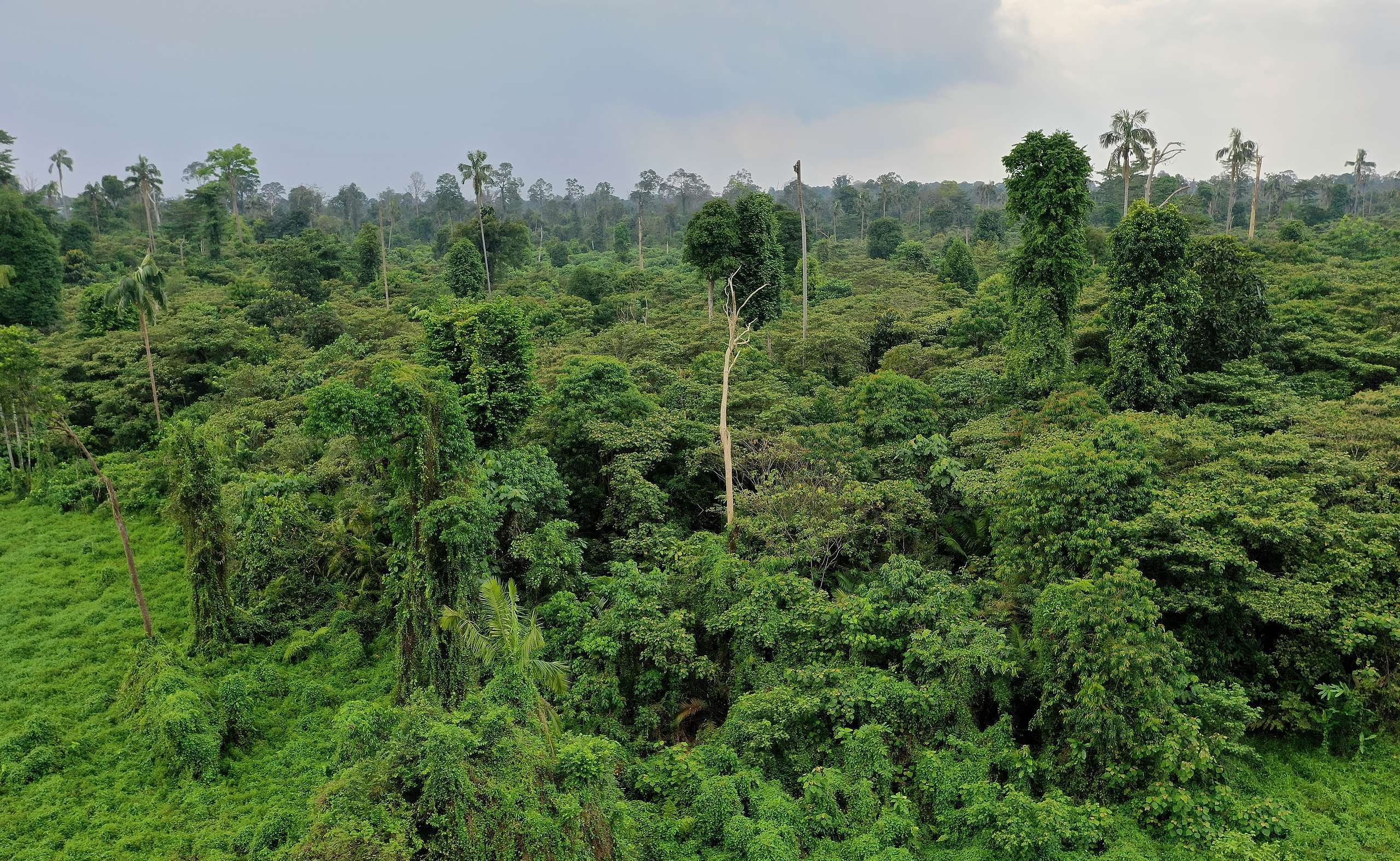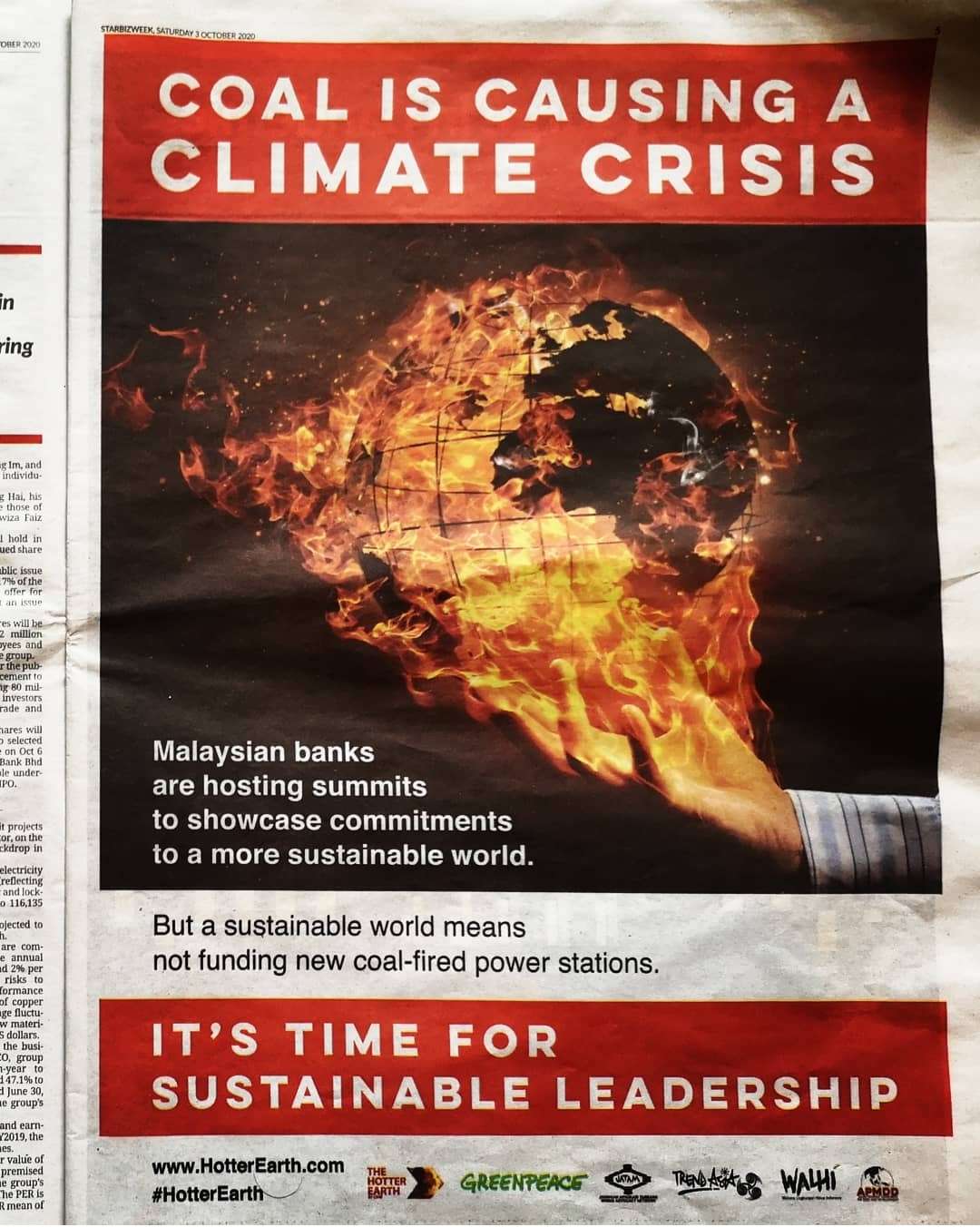Filtered results
-
CIMB exits coal finance. All eyes turn to Maybank and RHB
Environmental groups welcomed an announcement from Malaysia’s CIMBs coal sector guide, a first in Southeast Asia and heaps pressure on other banks in the region to follow suit.
-
Kuala Langat North Forest Reserve (KLNFR): Updates from the field
The Kuala Langat North Forest Reserve (KLNFR) degazettement issue started all the way back in February. Get a brief timeline and live updates on the issue.
-
Rakyat telah bersuara: Jangan Sentuh Hutan Simpan Kuala Langat Utara
We, representatives from various civil-society organisations, are writing to raise serious concerns related to the proposed development and de-gazettement of the Kuala Langat North Forest Reserve.
-
An area eight times the size of Bali has burned in Indonesia in the last five years, new Greenpeace report shows
Greenpeace Southeast Asia’s new report ‘Burning Issues: Five Years of Fire’ reveals that 4.4 million hectares of land in Indonesia – an area 8 times the size of Bali – have burned between 2015-2019.
-
Burning Issues: Five Years of Fire
The 2015 fire season in Indonesia was the worst in nearly two decades, with the blazes for almost a month emitting daily carbon emissions that exceeded those from the entire US economy.
-
2019 Annual Report: Sounding the Alarm
At the UN Climate Action Summit in New York, I watched Greta Thunberg deliver her impassioned speech. “How dare you!,” she thundered at world leaders as she berated mount a significant response them for not doing enough to address the climate emergency.
-
Kuala Langat North Forest Reserve (KLNFR) De-gazettement
We, representatives from various civil-society organisations, are writing to raise serious concerns related to the proposed development and de-gazettement of the Kuala Langat North Forest Reserve.
-
Major ad campaign targets Malaysian banks over coal
CIMB Bank is the target of an international climate campaign to highlight the disparity between the bank’s clean energy rhetoric and its continued funding of coal power.
-
Covid-19 stimulus is a key chance to invest in power sector and create solar jobs
Weak policy support for renewable energy blocks energy development in Malaysia and disincentivises foreign investment in Malaysia’s energy sector, despite Malaysia having perhaps the highest technical capability in the region, a Southeast Asia power sector scorecard report from Greenpeace Southeast Asia shows.
-
Southeast Asia Power Sector Scorecard
How Southeast Asia meets growing energy demand is a crucial challenge in the fight against climate change. Yet while countries around the world have made huge strides towards renewable energy solutions, new fossil fuel power plants that have no place in 2020 or beyond are still being built.

